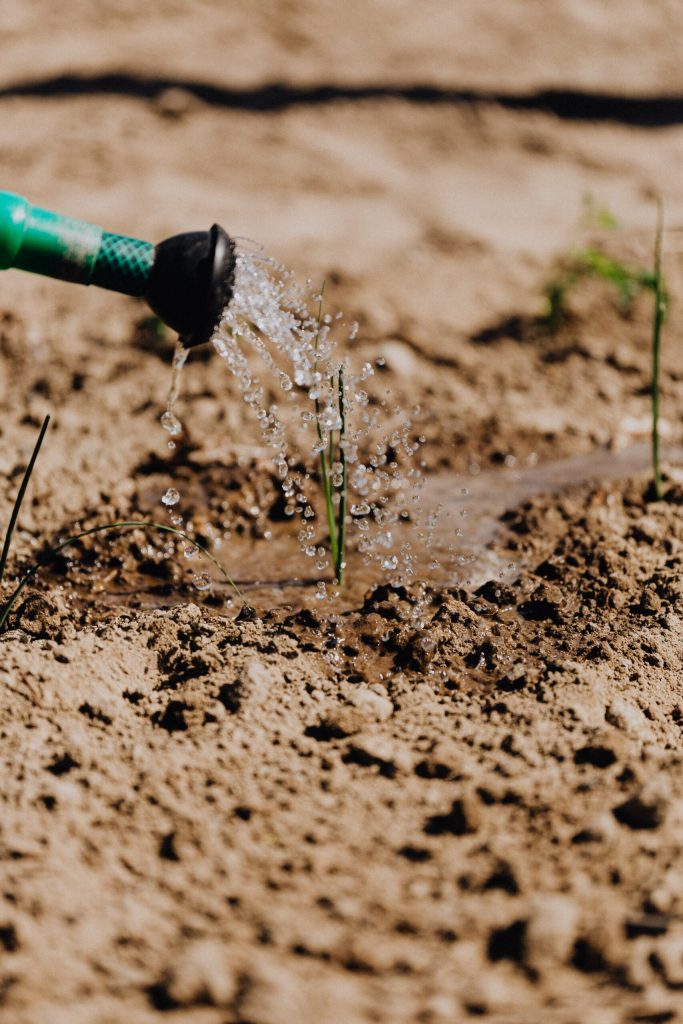In an era where environmental consciousness takes center stage, the spotlight is increasingly turning towards sustainable choices that promote a healthier planet. Enter hemp, a versatile and eco-friendly champion that’s capturing hearts and minds with its array of possible benefits for both humanity and Mother Earth. From its rapid growth to minimal environmental impact, here’s a closer look at why hemp stands as the ultimate eco-friendly choice.
Rapid Growth and Minimal Resource Demand
Hemp is renowned for its swift growth cycle, making it an efficient and sustainable crop. Unlike traditional timber sources that require years to mature, hemp reaches maturity in a mere 4 to 6 months. This quick turnaround means more frequent harvests, reducing the pressure on forest ecosystems. Furthermore, hemp cultivation demands significantly less water compared to other crops, alleviating strain on water resources and supporting water conservation efforts.
Soil Enrichment and Carbon Sequestration
Beyond its rapid growth and pest resistance, hemp offers a boon for soil health. Hemp’s growth cycle helps rejuvenate soil by preventing soil erosion and promoting nutrient retention. In fact, hemp’s extensive root system prevents soil runoff, which can lead to water pollution. Additionally, hemp acts as a carbon sink, absorbing CO2 from the atmosphere and locking it into its fibers, thus contributing to carbon sequestration and aiding in the fight against climate change.
Versatile Applications with Low Waste
The versatility of hemp extends beyond its eco-friendly cultivation methods. Virtually every part of the hemp plant finds purpose, minimizing waste and maximizing resource utilization. From textiles and construction materials to food products and biofuels, hemp’s multifaceted potential ensures that no part of the plant goes to waste.
Reduced Energy Consumption
Hemp processing requires far less energy compared to other industrial processes. For instance, the production of hemp-based paper consumes significantly less energy than traditional wood-based paper. This reduced energy consumption translates to lower greenhouse gas emissions and a lighter ecological footprint.
Biodegradable Marvel
Hemp products possess another remarkable trait – biodegradability. Unlike many synthetic materials that persist in the environment for centuries, hemp-based products naturally break down, leaving behind minimal environmental impact. From clothing to packaging, utilizing hemp-derived materials aligns with circular economy principles and contributes to a greener future.
No Chemical Fertilizers Needed
Conventional agriculture often relies heavily on synthetic fertilizers, which can leach into water bodies, disrupt ecosystems, and harm aquatic life. Hemp cultivation, however, requires minimal synthetic fertilizers due to its ability to thrive in diverse soil conditions. This reduces the risk of fertilizer runoff and associated environmental damage.
Embracing Hemp: A Sustainable Choice
The allure of hemp as an eco-friendly choice goes beyond its remarkable qualities as a crop. It represents a shift towards sustainable practices that can significantly impact the health of our planet. By choosing hemp-derived products, consumers contribute to a greener future, promoting responsible resource utilization and minimizing their carbon footprint.
Whether it’s supporting soil health, curbing deforestation, or reducing greenhouse gas emissions, hemp stands as a beacon of hope in the quest for a more sustainable world. As industries, businesses, and individuals increasingly embrace hemp’s potential, we collectively take a step towards nurturing the Earth and preserving its beauty for generations to come.
In conclusion, the eco-friendly attributes of hemp make it an exceptional choice for environmentally-conscious consumers. From rapid growth and minimal resource demands to its biodegradability and versatile applications, hemp encapsulates the essence of sustainable living. As we navigate the challenges of the modern world, integrating hemp into our lives paves the way for a harmonious coexistence with nature, nurturing our planet’s health and vitality.

